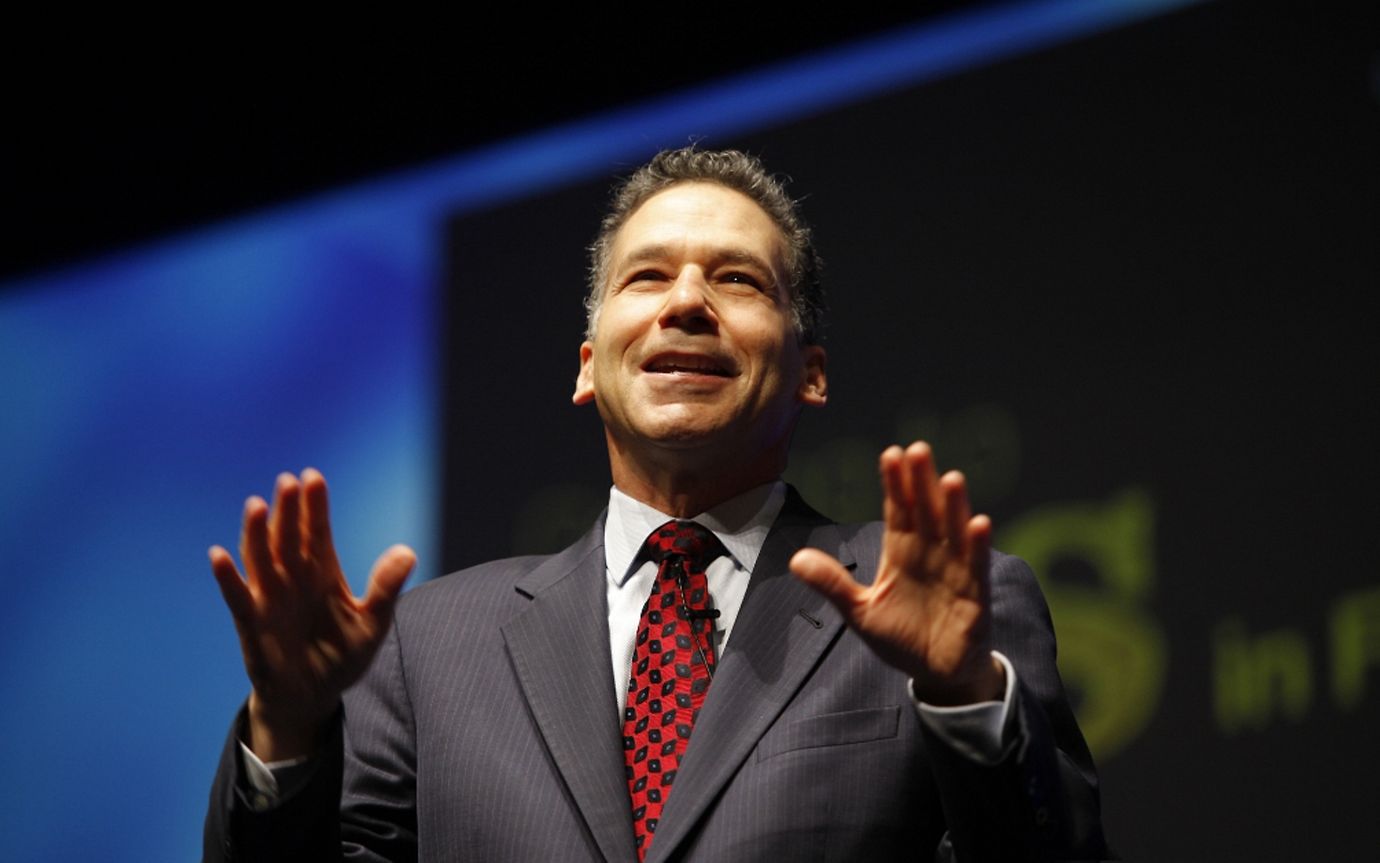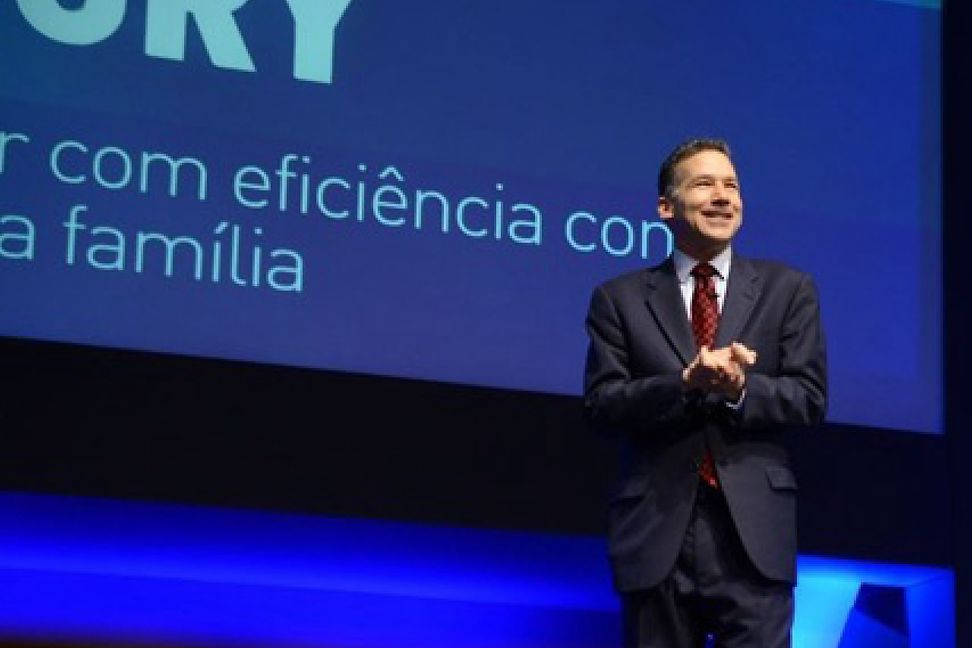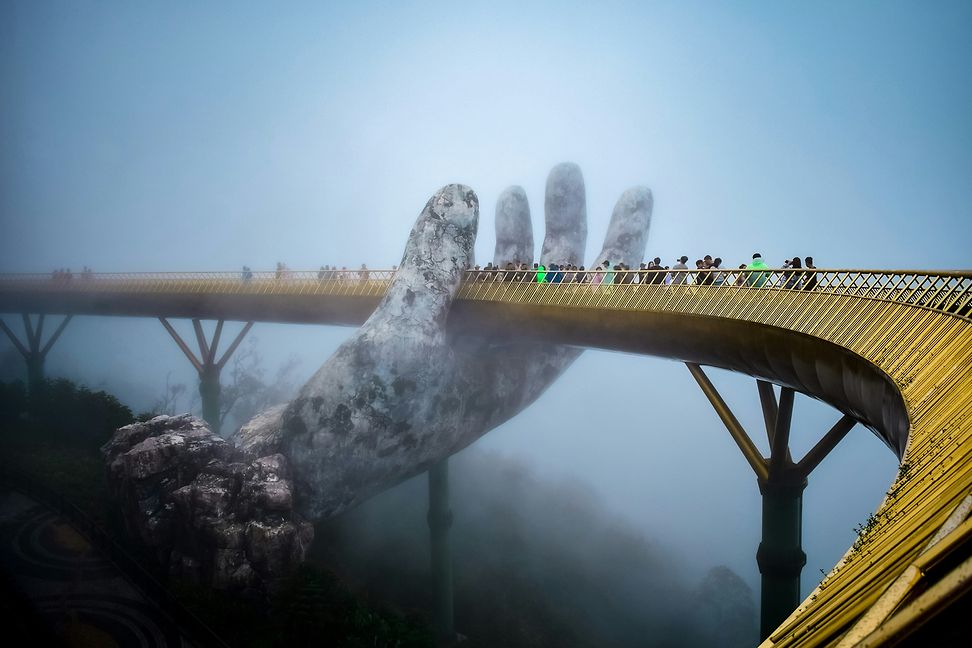在此处更改您的语言和 LGT 位置。
私人客戶的數碼平台
登錄 LGT SmartBanking
金融中介機構的數碼平台
登錄 LGT SmartBanking Pro
解答常見問題 (FAQ)
LGT SmartBanking 幫助
解答常見問題 (FAQ)
LGT SmartBanking Pro 幫助
William Ury has been at the centre of many of the world's most intractable conflicts. In this interview, he shares his insights on how to defuse the toughest stand-offs.

You are an anthropologist by training. How did you become interested in the topics of conflict resolution and negotiations?
William Ury: I started off long ago as a social anthropologist studying human beings and how we work. Growing up under the shadow of the atomic bomb made it very clear to me that unless we could figure out a good way to deal with our differences, we might not be around that much longer. I also went to an international school in Switzerland with children from all around the world, which gave me a real sense of being a global citizen. I wanted to apply these insights to something practical, so I got involved many years ago in the field of negotiation, because that's really the alternative to fighting. Whether it takes the form of lawsuits, vicious boardroom battles, or wars, negotiating is the key.
So far, you've written eight books and co-founded the Harvard Program on Negotiation. Along the way, you've been involved in many of the biggest high-profile and high-stakes negotiations from North Korea and the Middle East, to Venezuela, and most recently, Ukraine. Are there basic lessons in these tough conflicts for those of us who are not statesmen?
Negotiation is a human activity. It's basically the act of back-and-forth communication to reach agreement on some issue, however small, be it a problem with your colleague, your investors, another country, or in your family. When I ask entrepreneurs and business leaders, "How much of your time do you spend negotiating?" most people say it's at least 50%. If you're including negotiating with yourself, which is the most difficult negotiation any of us engage in, it's even higher. There are basic, universal principles on how to approach a situation where you often have egos, high emotions, rigid positions, and threats. How do you find creative solutions that benefit both parties, and in fact all parties, including the surrounding community?

Your latest book, "Possible: How We Survive (and Thrive) in an Age of Conflict" is structured around three pillars. Can you walk us through these three steps to get from no to yes?

The biggest obstacle to getting what we want is not the difficult person on the other side. It's ourselves: our own, very human, very understandable tendency to react out of fear and anger. For me, the foundation of successful negotiation is to be able to influence yourself. It's the ability to go to a mental and emotional balcony, which is a metaphor for a place of calm and perspective. We all have our favourite ways of doing it. I like to go for walks; some people will take a break, or go for a workout. Negotiation starts from the inside out.
It starts with listening and being creative to attract the other side
When it's time to approach the other side, you suggest we build a "golden bridge". What do you mean by that?
The balcony is like a camera lens: you can zoom in to what you really want. But you're dealing with the other side, and they want very different things. Each side tends to dig into positions, and the more you push, the more the other side pushes back. What's the way out of that trap? It's what I call the golden bridge. There's a gap between you and the other side. And in that chasm, there lie all kinds of unmet needs, dissatisfactions, fears of looking weak. Building a bridge requires us to leave where our minds are for a moment, without giving up what we really want, and move over to the other side. How do they see the situation? What do they really care about? Our job is to make it easier for them to move in the direction we want them to go in. It starts with listening and being creative to attract the other side.

How does one find the right bridge to build?
The exercise that I find most helpful is to sit down at the very beginning and write the victory speech for the other side, whether it's your investor, business partner, or bank. Imagine for a moment they have said yes to your proposal. Now, try to imagine that they have to talk to their constituents. What would be their three key talking points? That's a device to stimulate your imagination, and then you can work backwards from there.
Humans are the most cooperative beings on the planet, as well as maybe the most conflictual.
What is the third and final pillar of solving conflicts?
Going onto the balcony is about getting to yes with yourself. Building the golden bridge is about getting to yes with the other side. But there's a third pillar - what I call the third side, which is everyone around us. When we get into conflicts, our minds tend to reduce everything to just two sides: labour vs. management, sales vs. manufacturing, one business partner against another. In fact, there are never just two sides in any conflict, there's always a third. Bringing in a friend, an ally, or a neighbour, a relative, or family member of one of the sides, creates a kind of container that can hold the difficulty of the conflict, so that it can slowly transform. You need all three of these pillars at once.
When you act as a third side or mentor, is it easier to work with executives, or with statesmen and diplomats?
Executives are a little bit easier in the sense that they have a bottom line. Politicians can actually get more power by escalating conflict. But in the business world, you start to bleed money when you escalate conflicts. Executives have a kind of a feedback mechanism, for instance lawsuits that cost millions of dollars a month - just to fight each other.

What about the cynic's view that conflict is the human baseline? We've always fought each other, and to reach positive, peaceful outcomes is the exception to the norm.
Humans are the most cooperative beings on the planet, as well as maybe the most conflictual. We are both, and so we have a choice. We have agency. When people ask me, ʺAre you an optimist or a pessimist?ʺ I like to say I'm a possibilist, someone who believes in human potential. I've seen with my own eyes around the world how people have transformed a conflict. You might not end it, that might not be realistic, but you can change its form from destructive to constructive.
We are living in troubling times. What gives you confidence that we're not sliding into a worse and worse cauldron of conflict?
I wrote the book precisely to address this issue. We're living in an age of conflict, and the trend lines are for more conflict, not less. For me, the question is: How do we navigate those conflicts and sail through stormy weather? We don't control the storm, but we can control our boat and where it sails. That's really the path to possible.

William Ury studied at Yale and earned a Ph.D. at Harvard University before establishing himself as one of the foremost experts on negotiations. Together with President Jimmy Carter, he launched the International Negotiation Network, and he has worked on defusing conflicts from the Balkans to the Middle East. Ury's work laid the foundations for modern negotiation theory, including the concept of BATNA, short for ʺBest Alternative To a Negotiated Agreement.ʺ He lives in Boulder, Colorado.